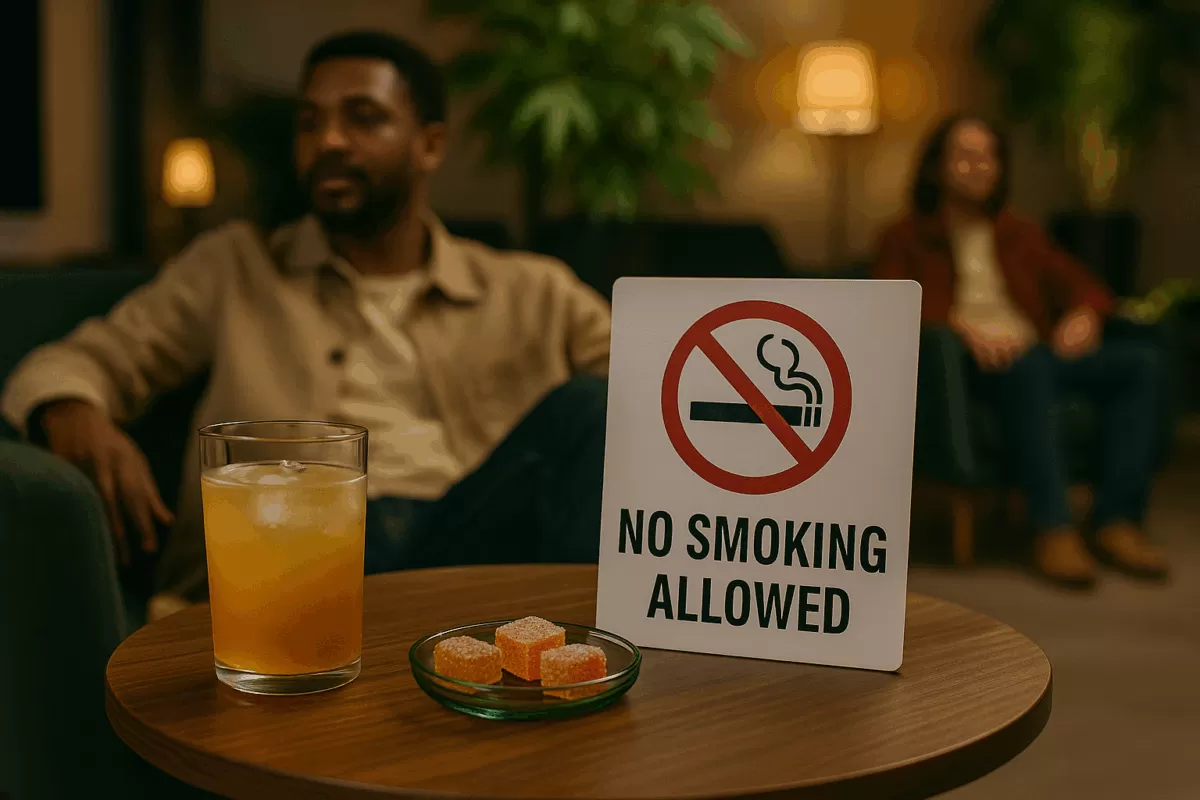
If you keep up with cannabis at all, you’d know that Cookies is one of the most influential and successful brands today. Founded by Berner 10 years ago, he built his cannabis empire through hip-hop, fire cannabis genetics, and streetwear.
Cookies started in California—but it isn’t going to end there. Cookies now has dispensaries dotting the West Coast from California to Washington.
Kalamazoo Expansion

It looks like Berner has domination on his mind as Cookies dispensaries sprout up in locations other than the West Coast.
His newest dispensary is opening in Michigan, the second in the state after one in Detroit. The new Cookies dispensary is located at 2712 Portage Street, Kalamazoo, MI, and opened on February 27th.
Both of the Cookies dispensaries in the state have an exclusive partnership with Gage Cannabis.
Gage Cannabis Pledges $1 Million for Michigan’s Social Equity Program

Gage Cannabis is a force to be reckoned with in the Michigan cannabis scene. They currently have five dispensaries in the state and plan to have 20 open by the end of the year.
In September 2019, Gage announced that they were pledging $1 million for the state’s social equity program. 19 recipients will receive $50,000 to help start a cannabis business.
What is Michigan’s social equity program? Michigan’s marijuana regulatory agency (MRA) started a social equity program and expanded it in 2020.
According to the definition, the program seeks to:
“encourage participation in the marijuana industry by people from communities that have been disproportionately impacted by marijuana prohibition and enforcement and to positively impact those communities.”
Now, it’s easy to read between the lines and see who the program is really for—people of color. Black and brown people have been unfairly targeted by racist marijuana laws going back decades.
Even today, with legalization happening in many states, black people are still four times more likely to be searched and arrested for cannabis.
The program is trying to lower the bar for people of color to enter the cannabis industry by reducing application and license fees. Some of the criteria and benefits are:
Real Social Equity

As well-intentioned as the program is, the licensing and registration fees aren’t nearly the most expensive part of opening a cannabis business.
If the state really means to help people of color get on an even playing field in the cannabis industry, it will take much more assistance. The state could provide help with real estate, legal fees, accounting, human resources, and starting materials.
However, it seems like they’re dragging their feet with the program, and to many, it seems half-hearted.
That’s where Gage Cannabis came in with an additional $50,000 to help people of color get their cannabis business off the ground. Unfortunately, it’s going to take a lot more than the donations of private businesses to get real equity in the industry.
Nonetheless, it is a start, and with Cookies now in the state, others will be motivated by the shining example of what a black-owned cannabis business can become.












